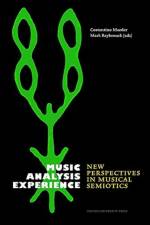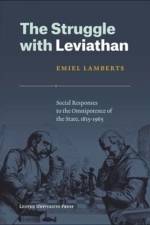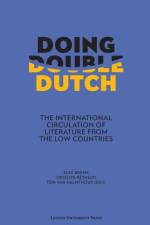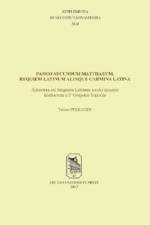571
`European Muslims and New Mediä offers perspectives on the various ways in which Muslims use new media to form and reform Muslim consciousness, identities, and national and transnational belongings, and contest and negotiate tensions and hegemonic narratives in Western European societies. The authors explore how online discussion groups, social media communities, and other online sites act as a `new public sphere¿ for Muslim youth to voice their opinions, seek new sources of knowledge, establish social relationships, and ultimately decentre established discourses that are projected on them as Muslims in Europe. The possibilities and challenges of new media transform existing debates on Islamic knowledge, authority, citizenship, communities, and networks. European Muslims and New Media critically explores the multifaceted transformations that result from Muslims using online spaces to present, represent, and negotiate their identities, ideologies, and aspirations. Contributors: Anna Berbers (KU Leuven), Claudia Carvalho (Tilburg University), Laurens de Rooij (Durham University), Leen d¿Haenens (KU Leuven), Merve Kay¿kc¿ (KU Leuven), Sahar Khamis (University of Maryland, College Park), Joyce Koeman (KU Leuven), Jana Jevtic (Central European University), Viviana Premazzi (FIERI), Roberta Riccuci (University of Torino), Charlotte van der Ploeg (Leiden University)






























